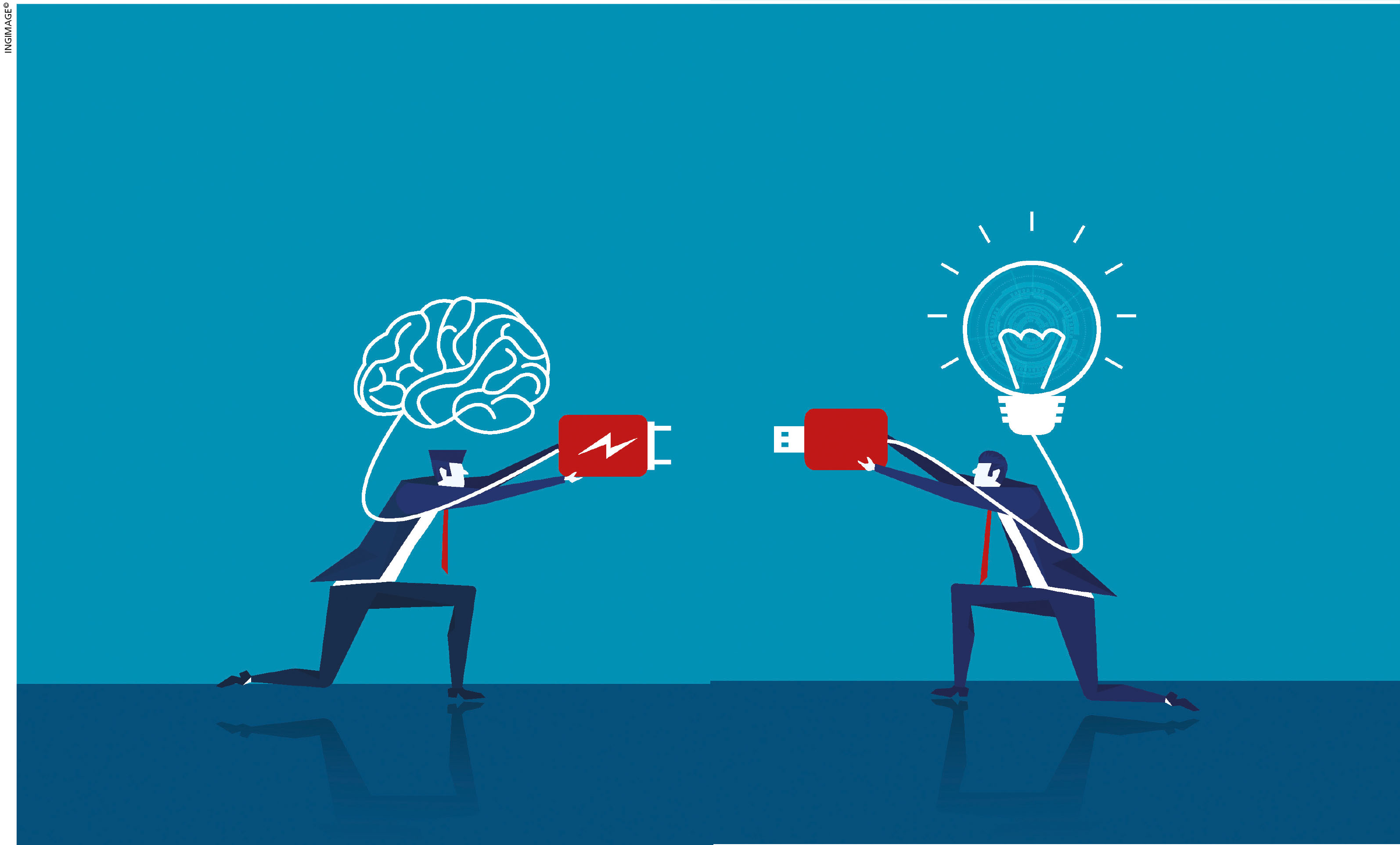CORPORATE TRAINING
NEW NORMAL OF LEARNING
The pandemic has shifted the goalposts of corporate training – Sanjeewaka Kulathunga
With the transition of the information age to the conceptual age, modern business leaders have realised the importance of corporate learning and development as a sustainable investment tool to gain a competitive edge.
Corporate training has increased employee satisfaction to a greater level with lower turnover rates. As a result, employee satisfaction and loyalty don’t rely merely on financial compensation and fringe benefits; they also rely on opportunities for career growth provided by the organisation.
According to the Association for Talent Development (ATD), it’s estimated that the global corporate training and development market surpassed US$ 370 billion in 2019.
The learning and development department has reached a critical juncture in business transformation, and been decentralised with more power and a considerable budget. But there’s been pressure by functional heads to compromise on the value of learning and development so that employee performance connected with the organisation’s overall business output will increase.
Learning and development is an integral part of both human resource development and organisational growth. Having realised the positive impact generated by learning and development on employee performance and strategic business outcomes, leading US-based companies are allocating more than 10 percent of their annual budgets for it.
With the integration of digital technologies such as virtual reality, learning management systems (LMS) and chatbots, learning leaders are empowered to conduct their training sessions in an effective manner.
Further, corporate training is not only an instructor led classroom session because it has evolved into an online platform of LMS with a chatbot. However, the validity of the traditional approach to corporate training has not faded away as yet.
Since organisations around the globe are postponing and cancelling in-person meetings in response to the pandemic, corporate learning and development has begun to emerge as one of the earliest and hardest hit business functions. Nevertheless, businesses are not in a position to put their learning and development processes such as reskilling employee performance or organisational transformation on hold.
The market for global training and development has begun to shrink due to lockdowns and physical distancing rules. To enable and deliver value creation of learning and development within the workforce, corporate learning leaders could explore numerous ways to adapt learning sessions by establishing and expanding live virtual learning platforms further.
There is a silver lining that’s beginning to appear in the field of corporate learning due to the rapid design and development of AI induced LMS and chatbot platforms, and it’s turning into a new industry solution with minimum physical human intervention.
Though instructor led classroom training was exclusively or mostly used by businesses around the world, they applied a mixture of blended learning, instructor led virtual classrooms and online platforms. With the onset of COVOD-19, corporate learning leaders have begun seeking the deployment of Conversational AI applications within LMS to reduce physical interaction.
Physical distancing and telecommuting, which are becoming the ‘new norms’ in most regions of the world, are affecting how businesses are operated. And e-learning has been growing more than ever to boost learning productivity as continuous growth and time efficiency have always been top priorities for industry professionals.
Due to lockdowns and physical distancing measures, learning and development programmes have been designed for employees to work from home (WFH) using LMS. Virtual training for remote employees has been launched with new digital platforms and communication tools that were not very common before the pandemic.
Under new normal conditions, learning leaders around the world are adopting novel approaches and strategies, to facilitate updated and seamless learning experiences for employees. Most corporate e-learning portals have been customised to deliver learning experiences according to an analysis of training needs.
In addition to e-learning experiences, the health and wellbeing of employees have been prioritised. They are being directed to report their daily health status through the online platforms of their organisations before commuting to their workplaces in most developed countries.
The pandemic has shifted the approaches and strategies that are being applied in learning and development. They’re being replaced by AI induced digital platforms, which will bring new hope for the progress of corporate training and development, amid unprecedented economic changes and adversity.





